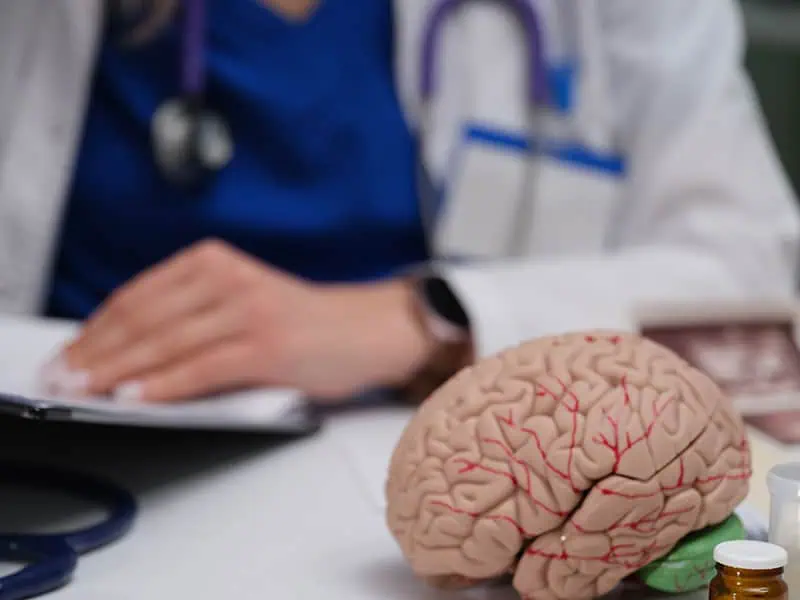
Issue 1/2025
Haralanova, Ev., Haralanov, Sv.
University Hospital for Neurology and Psychiatry “St. Naum”, First Psychiatric Clinic – Sofia
Schizophrenia is still regarded as an endogenous psychosis, and its treatment as antipsychotic. However, this psychosis-centered approach underestimates the negative (−) symptoms and their treatment. Our team developed an integrative hierarchical approach, according to which the treatment of schizophrenia should be directed not only to the positive (+) symptoms of schizophrenic psychosis, but also to the primary (−) symptoms of the underlying schizophrenic process. In the present paper, the emphasis is placed on the pseudonegative schizophrenic symptoms we identified, the clinical manifestations of which are similar to those of the true (−) symptoms (both primary and secondary), but their mechanisms are radically opposite and coincide with the mechanisms of the psychotic (+) symptoms. The importance of the new approach for the more effective treatment of schizophrenic patients is emphasized.
Key words: schizophrenia, schizophrenic process, psychosis, pseudonegative symptoms, treatment
Address for correspondence:
Prof. Dr. Svetlozar Haralanov, PhD
UMBALNP “St. Naum”, First Psychiatric Clinic
1, Luben Roussev Str.
1113, Sofia
Phone: 02 9702 251
